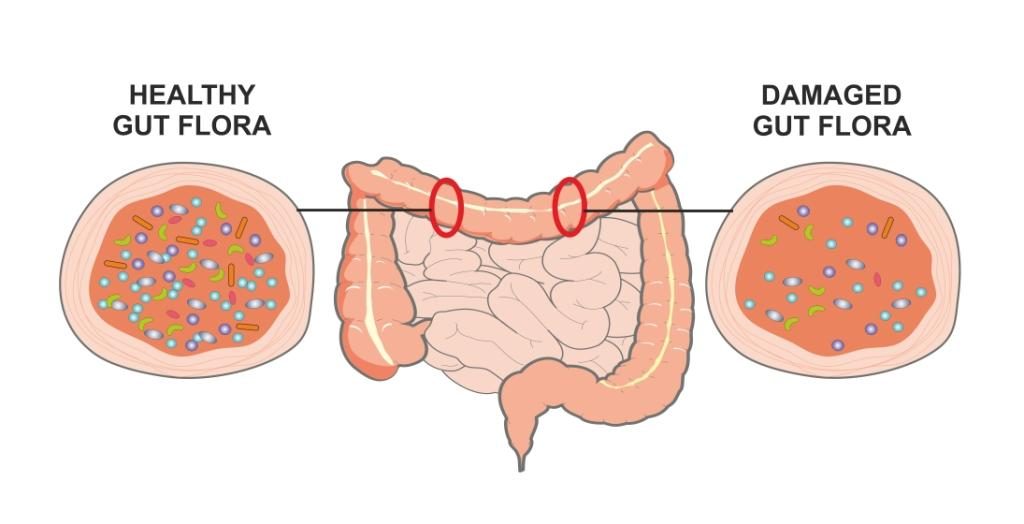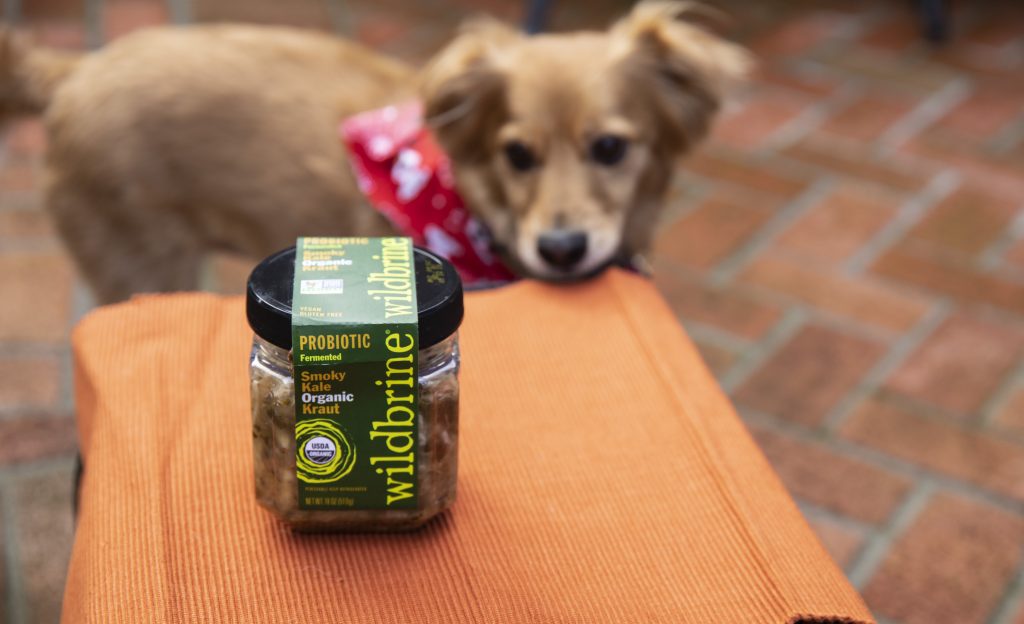What is the Microbiome? The Part of Us that Isn’t Us
In the late 1990s, scientists discovered a being called the microbiome. What is the microbiome? It’s the genetic material of all the microbes that live on and inside the human body and it’s so profoundly important to our lives that we couldn’t survive without it. It has 10 times more cells than the human body itself, and 200 times more genes than the human genome.
To understand one of its primary functions, we need to think about a natural landscape. In nature, all tissue that was once alive returns to the soil, where microbes and other soil denizens take it apart and recycle its nutrients to feed the current crop of living creatures.
Exactly the same process goes on within our bodies. The “soil” is our microbiome, two to five pounds of microbes—bacteria, fungi, protozoa, and viruses--that colonize our bodies, mostly in the gut and predominantly in the large intestine. They perform the same function within us that soil microbes do in nature, producing enzymes that dismantle our food into its constituent nutrients.
When we eat, we’re not just feeding ourselves. We’re also feeding the microbes that make up the gut microbiome. And because fermented foods like those made by wildbrine contain billions of these naturally-occurring beneficial microbes, fermented foods replenish the gut’s populations of good microbes, thus strengthening the microbiome and supporting its many functions.
A Microbiome Colonizes Our Bodies - That’s a Very Good Thing
Taking apart food so that its nutrients can be recycled by our digestive system is just one of the ways that the microbiome contributes to our health. It also regulates and boosts our immune system, enhancing the body’s disease-fighting mechanisms. Its overwhelming numbers of good microbes—about 100 trillion in a healthy person--prevent pathogens from gaining a toehold within us. The friendly bacteria that ferment our sauerkraut, kimchi, salsas, and other products join the microbiome in creating an acid environment in the gut that further discourages the growth of pathogenic organisms.

That’s not all these good guys do. They also act like little vitamin factories, manufacturing vitamin B12, thiamine, and riboflavin; they make vitamin K, needed for blood coagulation, and, with vitamin D, proper calcium metabolism. Vitamin D, in turn, promotes the production of proteins that require vitamin K to function properly.
Scientists are beginning to unlock more of the microbiome’s secrets. Research suggests that the brain and the microbiome are connected through the vagus nerve. This nerve originates in the brain and controls organs we don’t have to consciously will into action, like the heart, lungs, and digestive system. The latter is where the microbiome lives, and signals from the brain to gut and back can affect our mood and sometimes our decisions. We’ve all heard people say, “I’m going to go with my gut on this one,” meaning gut feelings are overriding the brain’s reasoning. That may be your microbiome talking.
A poor diet negatively affects the diversity and strength of the gut bacteria, and that can affect one’s health. Obesity, for instance, has been associated with a poor combination of microbes in the gut. Animal studies show that Type I diabetes, which is an autoimmune disease, is linked to a less diverse microbiome. Autoimmune diseases like rheumatoid arthritis, muscular dystrophy, multiple sclerosis, and fibromyalgia, as well as diabetes, are associated with a malfunctioning microbiome. Evidently a less diverse mix of beneficial microbes gives disease-causing microbes a chance to build up in the gut over time. Their genetic material disrupts the metabolism, which can result in an aggressive immune response against tissues that are normally tolerated without incident, according to the Center for Ecogenetics & Environmental Health at the University of Washington in Seattle.

Researchers have known for some time that children who grow up in homes with dogs are less likely to develop childhood allergies and asthma than kids who live in homes without dogs. Now they’re finding that the presence of dogs enriches the composition of the microbiomes of the children, reducing the chance that their body’s immune system will attack normally harmless tissue.
New research is trying to pin down what factors—like diet, exercise, overall health, physical surroundings—change the microbiome, and therefore change the genetic mix of the human-microbiome association. This is a worldwide effort.
What Is the Microbiome?
To answer the question, “What is the microbiome?” we have to understand that it is all the microbes that live within and on a human being. The microbiome and the person it’s associated with forms a cooperative superorganism. Here in the United States, the National Institutes of Health is sponsoring the Human Microbiome Project. Its purpose is to study the human as this cooperative superorganism in order to analyze how and when the microbiome changes and what these changes mean for human health. Already doctors have developed procedures that restore healthy bacteria in the colon, actually curing life-threatening Clostridium difficile infections, colitis, Crohn’s disease, and irritable bowel syndrome.
Drenching your digestive tract with probiotic bacteria by eating wildbrine’s fermented foods promotes a healthy, diverse microbiome, which sends a message to the brain via the vagus nerve: “Send down some more of those fermented foods.” The brain interprets this message as: “Man, that tastes delicious. I think I’ll have another bite.”
About the Author: Sonoma County resident Jeff Cox is the author of 24 books, including The Essential Book of Fermentation (Avery, 2013)
Michael Aussie
Wow, that’s True. Well done! Thank you for the accurate information which is very beneficial to everyone who seeks more knowledge about healthy foods. Etc.